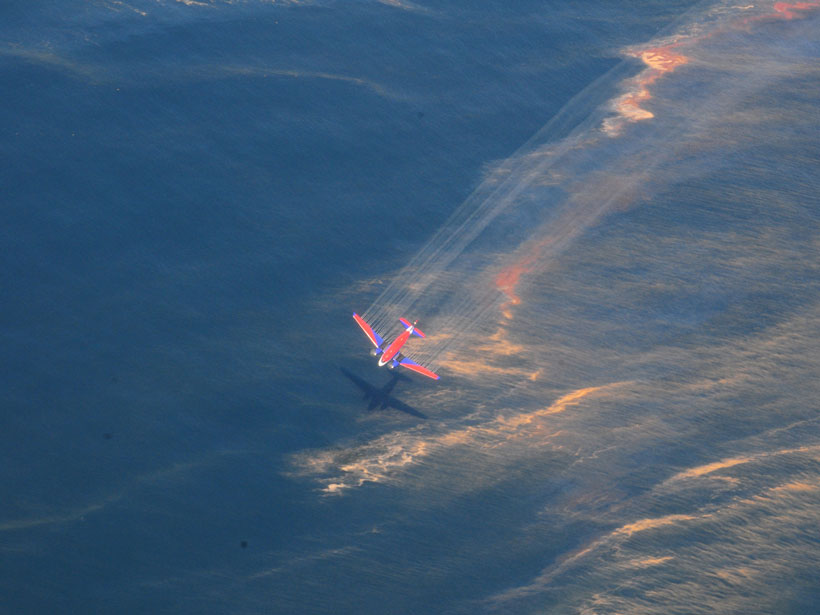Una década de investigación desde el desastre de Deepwater Horizon ha revelado cómo la luz solar—su importancia subestimada durante mucho tiempo en la ciencia de derrames de petróleo—altera sustancialmente el petróleo que flota en la superficie del mar.
E. B. Overton
Posted inFeatures
Why Sunlight Matters for Marine Oil Spills
A decade of research since the Deepwater Horizon disaster has revealed how sunlight—its importance long understated in oil spill science—substantially alters petroleum floating at the sea surface.


